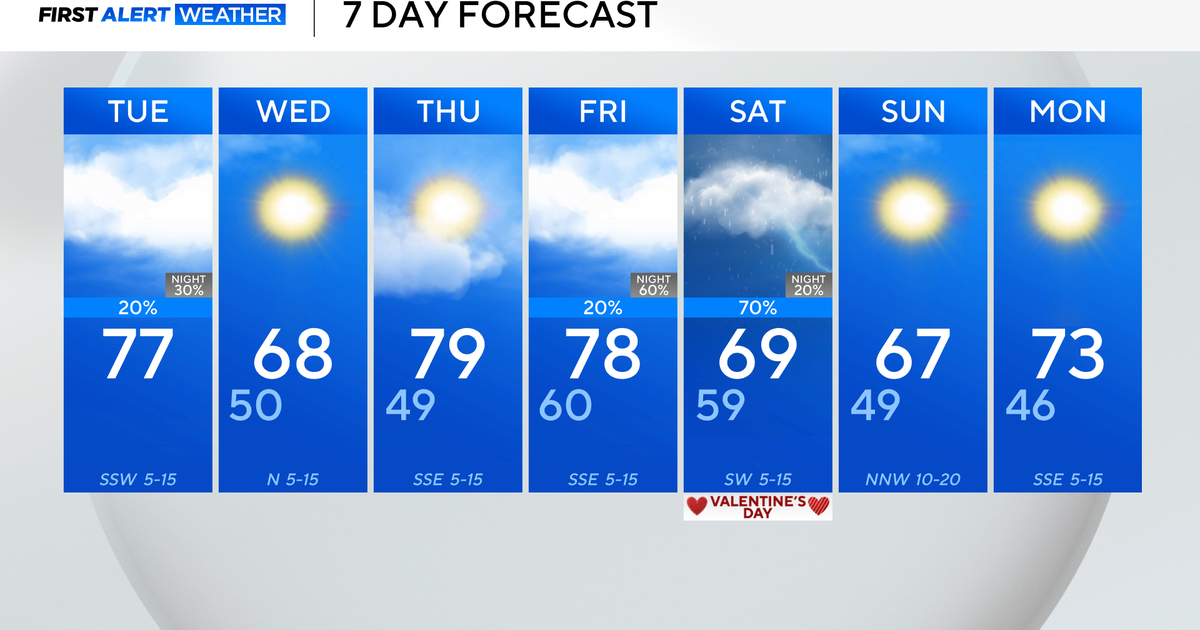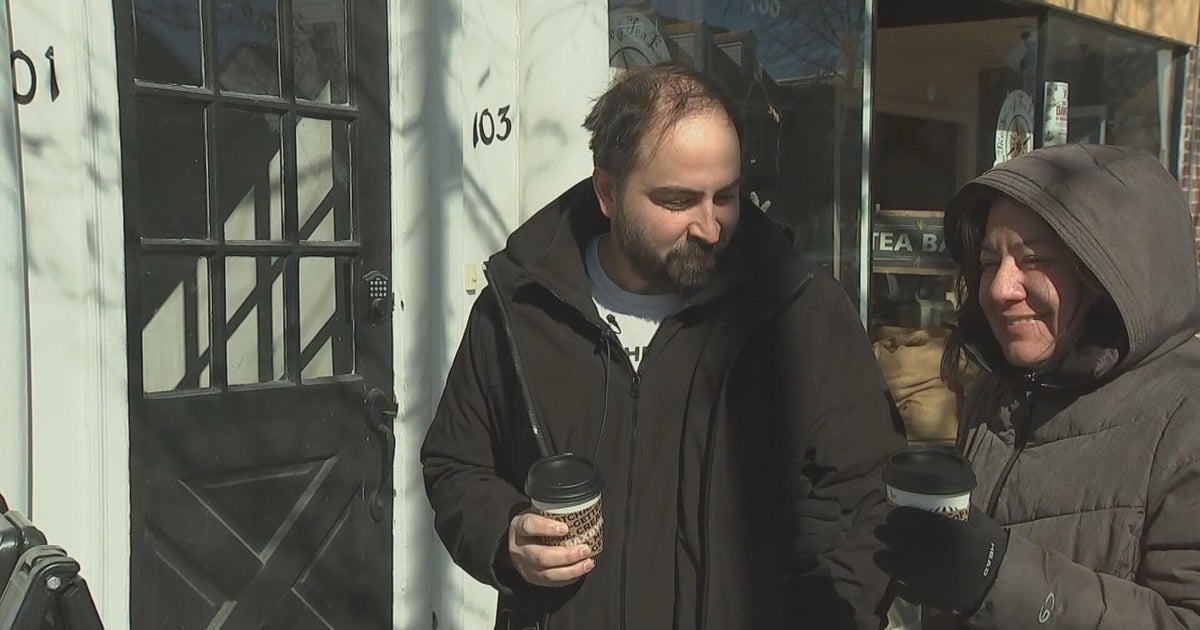Why do our homes make noise in cold weather?
HOPKINS, Minn. — As winter's wind howls outside, a symphony of clangs, bangs, and creaks, tremble through homes, and befuddle those living in them.
Lauri from Red Wing said via email, "I can hear loud cracking or banging sounds coming from the attic rafters or outside walls. What causes these noises and are the rafters or two-by-fours being damaged?"
Barak Steenlage, co-owner of Anchor Builders said it could be due to extreme shifts in temperature. Standing in a Hopkins home his company spent years remodeling, he provided details on the question at hand.
"We go from a really humid, hot summer with a lot of moisture in our homes and we go to a pretty dry, cold winter. And so, as the temperature changes, there's thermal contraction," Steenlage said.
Building materials like wood, metal and glass expand when exposed to heat and contract in the cold. Not just seasonally, but daily.
If one side of a home is exposed to sunlight, that can be enough to warm and expand walls and windows, only for them to contract at nightfall and make noise along the way.
Are there certain parts of the house more prone to making noise?
"I think your attics and your walls are the main thing, and then your HVAC system," Steenlage said.
The attic and walls experience the cold outdoors on one side and the warm interior climate on the other side.
HVAC systems have both warm and cold air running through them while being cycled on and off, leading to constant expansion and contraction.
"That's something that you'll hear throughout the whole year," Steenlage said.
Wood floors might creak more in the winter as the dry air makes the boards contract and pull apart from each other.
Areas where two different types of material come together, like a wood cabinet against drywall, increases its likelihood of making noise.
How can someone quiet the noise in their home?
"Adding a whole house humidifier is a great way to add moisture back into air," Steenlage said.
Keeping air humid in the winter, around 30 to 40%, helps wood maintain its shape and integrity, limiting the noise it creates.
But as long brutal cold follows balmy summers up north, homes will continue to sound off on the temperature changes.
If the sounds are jarringly loud or cracks form or expand following the noise, Steenlage says to call a professional for an evaluation.








